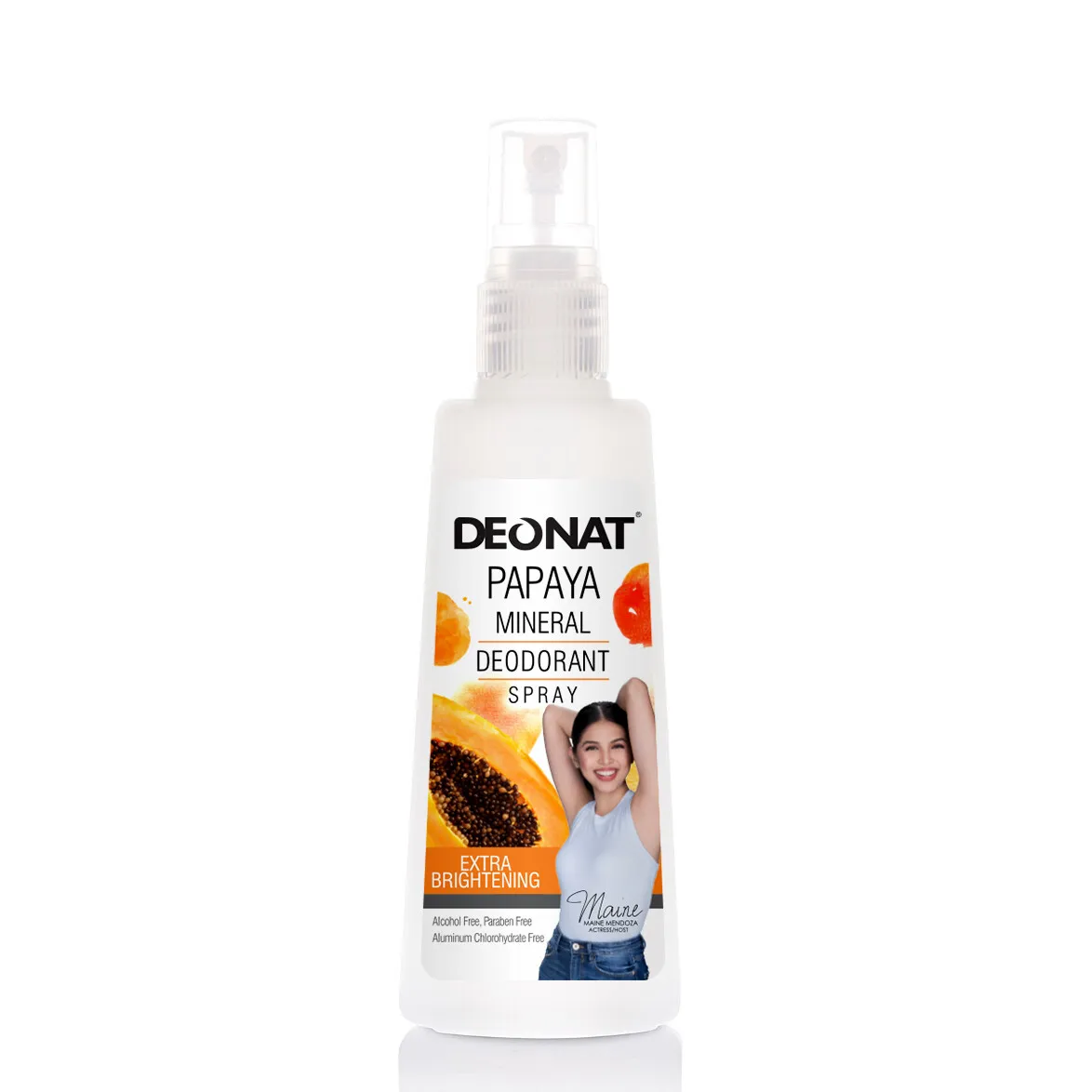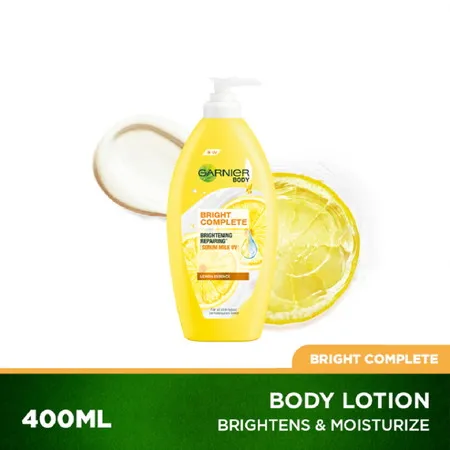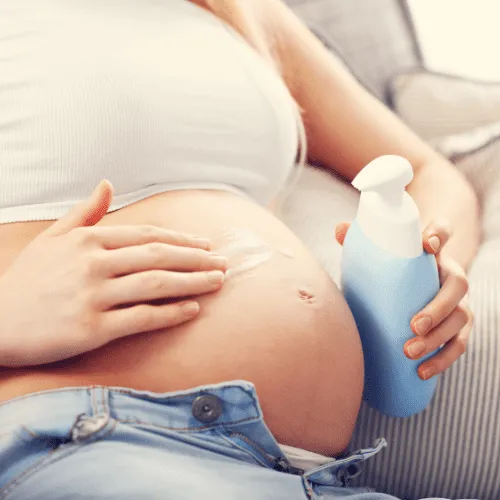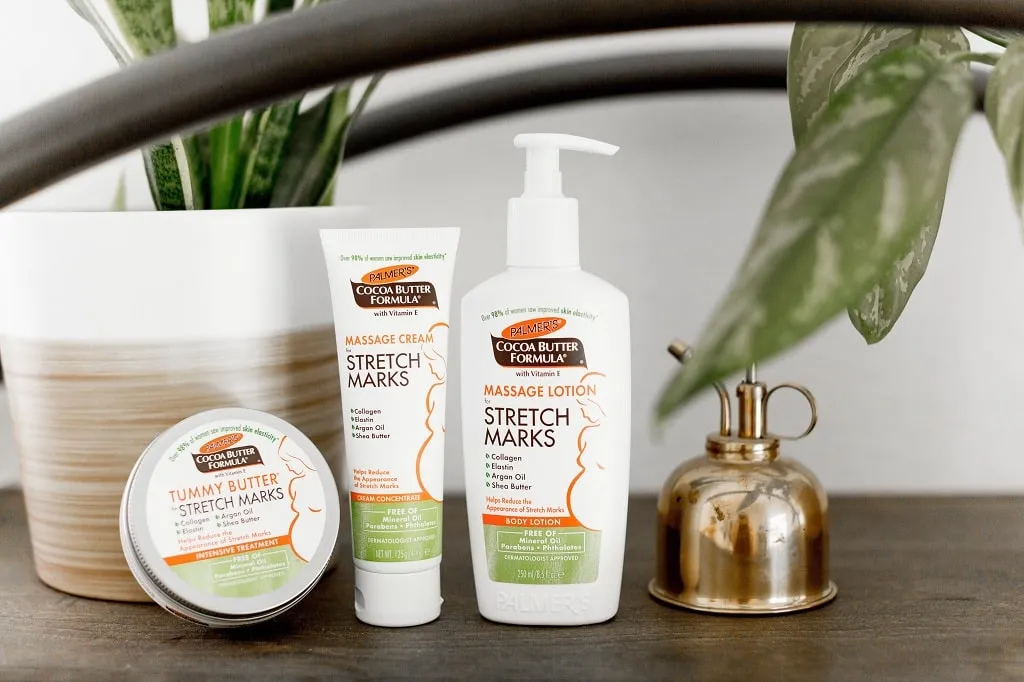Understanding Skin Changes During Pregnancy
Pregnancy brings about a myriad of changes in a woman’s body, and the skin is no exception. Hormonal fluctuations, increased blood volume, and other physiological shifts can significantly impact the skin’s appearance and behavior. Understanding these changes is the first step towards making informed decisions about skincare, including the use of whitening lotions. Recognizing the root causes of these alterations allows for a more targeted and safe approach to skincare during this crucial time. Many women experience alterations in skin pigmentation, often leading to an uneven skin tone, which can be a significant concern during pregnancy. This is frequently referred to as melasma, or the “mask of pregnancy”. Other common changes include increased sensitivity, acne breakouts, and stretch marks.
Hormonal Influences on Skin
Hormones are the driving force behind most skin changes during pregnancy. Estrogen, progesterone, and melanocyte-stimulating hormone (MSH) levels surge, leading to increased melanin production. Melanin is the pigment responsible for skin color, and its overproduction can result in hyperpigmentation or dark spots. These hormonal shifts can also affect the skin’s oil production, leading to acne breakouts. Furthermore, hormones influence the skin’s hydration levels and sensitivity, making it more prone to dryness, irritation, and reactions to skincare products. Understanding which hormones impact which processes helps women better address their skin concerns. The careful selection of skincare products, including whitening lotions, must consider these hormonal effects to ensure both safety and efficacy.
Common Skin Concerns During Pregnancy

Hyperpigmentation, or uneven skin tone, is one of the most frequent concerns during pregnancy. This can manifest as melasma, dark patches on the face, or increased pigmentation in areas like the underarms and inner thighs. Acne is another common issue, caused by increased oil production due to hormonal fluctuations. Stretch marks, or striae gravidarum, are also a frequent occurrence, appearing as red or purplish lines on the abdomen, breasts, and thighs. Additionally, the skin may become more sensitive, leading to increased reactivity to certain products and environmental factors. Dryness, itchiness, and a general feeling of discomfort are also frequently reported. Whitening lotions are often sought by women to address the hyperpigmentation and uneven skin tone, but it’s crucial to understand the potential risks and choose products that are safe for both the mother and the developing baby.
The Importance of Safe Skincare
During pregnancy, the focus should shift towards skincare products that prioritize safety above all else. Many ingredients commonly found in skincare products can be absorbed into the bloodstream and potentially affect the developing fetus. Therefore, it’s imperative to carefully review the ingredients of any skincare product, including whitening lotions, and choose options that are known to be safe for pregnant women. Opting for products with minimal ingredients and a focus on natural components is often the safest approach. Consulting a dermatologist or healthcare provider is highly recommended before introducing any new skincare products, especially if they contain active ingredients or chemicals. The well-being of both the mother and the baby depends on making informed choices about skincare throughout the pregnancy journey.
Key Ingredients to Avoid in Whitening Lotion
Some ingredients in whitening lotions should be strictly avoided during pregnancy. These substances have been linked to potential adverse effects on the developing fetus or have not been adequately tested for safety. Hydroquinone is a common skin-lightening agent that is generally not recommended during pregnancy due to potential systemic absorption. Retinoids, including retinol and retinoic acid, are also best avoided, as they have been linked to birth defects. Mercury, although not as prevalent in modern skincare, is a toxic heavy metal and should be strictly avoided. Similarly, high concentrations of certain chemical sunscreens, like oxybenzone, are best avoided due to the risk of absorption. Always read the ingredient list carefully and consult with a healthcare professional if you have any doubts about the safety of a specific product.
Harmful Chemicals and Pregnancy

Several chemicals found in skincare products can pose risks during pregnancy. Hydroquinone’s potential for systemic absorption is a major concern, as its impact on fetal development is not fully understood. Retinoids, known for their ability to treat acne and aging, have been linked to birth defects in some studies. Mercury, a known neurotoxin, is particularly dangerous and should be avoided at all costs. Parabens and phthalates, often used as preservatives and stabilizers, can disrupt the endocrine system, potentially impacting fetal development. The best approach is to limit your exposure to these potentially harmful chemicals and opt for products that use safer alternatives. Carefully examine the ingredient list, and look for products that are free of these substances.
Ingredients Considered Safe
Several ingredients are generally considered safe for use in whitening lotions during pregnancy. Vitamin C is a potent antioxidant that can brighten the skin and protect against environmental damage. Niacinamide, a form of vitamin B3, can help improve skin tone and texture while reducing inflammation. Azelaic acid is a naturally occurring acid that is considered safe for use during pregnancy and can help reduce hyperpigmentation. Kojic acid, in low concentrations, may also be considered a safe option, although it’s crucial to consult with a dermatologist. Look for products that are fragrance-free and hypoallergenic, as these are less likely to cause irritation. Always perform a patch test before applying any new product to a larger area of your skin to check for sensitivity.
Natural and Pregnancy-Safe Options
Embracing natural skincare options is often the safest approach during pregnancy. Many natural ingredients offer skin-lightening benefits without the risks associated with chemical-based products. Alpha-arbutin, derived from bearberry plants, is a natural skin-lightening agent that is generally considered safe. Plant extracts such as licorice root, mulberry, and bearberry can help to reduce hyperpigmentation. Look for products that are formulated with minimal ingredients and are free from artificial fragrances, colors, and preservatives. Always choose products from reputable brands that clearly state their ingredients and are transparent about their sourcing. Consider incorporating a simple skincare routine with gentle cleansers, moisturizers, and sunscreens containing natural ingredients, and consult your healthcare provider for personalized recommendations.
Top 5 Secrets for Choosing Whitening Lotion

Navigating the world of whitening lotions during pregnancy can be challenging, but by following these five secrets, you can make informed and safe choices. Prioritizing safety, knowing what to avoid, and understanding effective alternatives are essential for healthy skin. This allows you to address skin concerns effectively without compromising the well-being of you and your baby. This approach helps ensure a healthy and radiant complexion throughout your pregnancy and beyond.
Secret 1 Consult with a Dermatologist
Before using any whitening lotion during pregnancy, consult with a dermatologist. A dermatologist can assess your skin type, identify specific concerns, and recommend safe and effective products. They can also advise you on ingredients to avoid and help you create a customized skincare routine. A professional opinion can prevent potential adverse reactions and ensure that your skincare choices align with your pregnancy-related needs. Consulting a dermatologist provides a personalized approach to skincare and offers the reassurance that you are making informed and responsible choices for your health and your baby’s well-being. They can also monitor your skin’s response to the product and adjust your regimen accordingly.
Secret 2 Read Product Labels Carefully
Always read the product labels meticulously before purchasing a whitening lotion. Pay close attention to the ingredient list and avoid products containing ingredients known to be harmful during pregnancy, such as hydroquinone, retinoids, and mercury. Look for products that explicitly state that they are safe for use during pregnancy or are formulated with pregnancy-safe ingredients. Make sure you understand the function of each ingredient and research any unfamiliar compounds. Avoid products with a long list of ingredients, as this may indicate the presence of unnecessary chemicals. Ensure the product is free of added fragrances and dyes, as these can cause irritation. Selecting products with a limited number of ingredients and a clear label helps minimize potential risks and allows you to make informed choices.
Secret 3 Patch Test for Sensitivity

Perform a patch test before using any new whitening lotion on a larger area of your skin. Apply a small amount of the product to a discreet area, such as the inner arm, and wait 24-48 hours to observe any reaction. If you experience redness, itching, burning, or any other signs of irritation, discontinue use immediately. If no adverse reactions occur, the product is likely safe for use. Patch testing is especially important during pregnancy, as your skin may be more sensitive than usual. Even products labeled as pregnancy-safe can cause reactions, so it is always prudent to test them beforehand. This proactive step can help prevent widespread irritation and discomfort during a period when your skin is already more vulnerable.
Secret 4 Focus on Natural Ingredients
Prioritize whitening lotions that are formulated with natural ingredients. Natural options such as vitamin C, niacinamide, and azelaic acid are generally considered safe for use during pregnancy and can effectively brighten and even out skin tone. Seek products containing plant extracts like licorice root, mulberry, and bearberry, which have natural skin-lightening properties. These are often gentler and less likely to cause adverse reactions. Natural ingredients are often associated with fewer potential side effects and are less likely to contain harmful chemicals. By selecting lotions primarily composed of natural ingredients, you minimize the risk of exposing yourself and your baby to potentially harmful substances.
Secret 5 Maintain a Consistent Skincare Routine
Establish and maintain a consistent skincare routine during pregnancy. This routine should include gentle cleansing, moisturizing, and sun protection. Use a mild, fragrance-free cleanser to remove impurities without stripping the skin of its natural oils. Apply a hydrating moisturizer to keep the skin supple and prevent dryness. Sun protection is critical, as the skin becomes more sensitive to the sun’s rays during pregnancy. Use a broad-spectrum sunscreen with an SPF of 30 or higher every day, even on cloudy days. Regular skincare helps maintain skin health, reduces the likelihood of skin problems, and enhances the effectiveness of whitening lotions. Consistency is key to achieving optimal results and maintaining healthy, glowing skin throughout your pregnancy.
Additional Skincare Tips During Pregnancy

In addition to using safe whitening lotions, adopting some additional skincare practices can further enhance your skin health and address pregnancy-related concerns. These tips can help you achieve a healthy and radiant complexion. They also contribute to overall well-being during this transformative period of your life.
Sun Protection and Pregnancy
Sun protection is critical during pregnancy. Hormonal changes can make your skin more sensitive to the sun’s rays, increasing the risk of hyperpigmentation and sunburn. Use a broad-spectrum sunscreen with an SPF of 30 or higher every day. Reapply sunscreen every two hours, especially if you are outdoors. Wear protective clothing, such as hats and long sleeves, and seek shade during peak sun hours. Avoiding excessive sun exposure can prevent the worsening of melasma and protect your skin from damage. Sunscreen use is vital year-round, whether it is sunny or cloudy. Sun protection is a cornerstone of maintaining healthy skin during pregnancy.
Hydration and Skin Health
Staying hydrated is essential for maintaining skin health during pregnancy. Drink plenty of water throughout the day to keep your skin moisturized and prevent dryness. Dehydration can exacerbate skin problems like dryness and itchiness. Aim for at least eight glasses of water per day. Eating a balanced diet rich in fruits and vegetables can also help hydrate your skin from within. Hydration promotes skin elasticity and overall well-being, which are essential during pregnancy. Proper hydration helps maintain the skin’s natural barrier function and enhances the effectiveness of skincare products.
When to Seek Professional Help
If you experience severe skin concerns during pregnancy, such as intense itching, widespread rashes, or significant changes in skin appearance, consult a dermatologist or healthcare provider. These professionals can diagnose the underlying cause of your skin issues and recommend appropriate treatments. Do not hesitate to seek professional advice if you have any concerns about your skin health, especially if the issues are not responding to over-the-counter products. Early intervention can often prevent the worsening of skin problems and ensure your overall well-being. A healthcare professional can offer guidance on safe and effective treatments, providing you with peace of mind.
